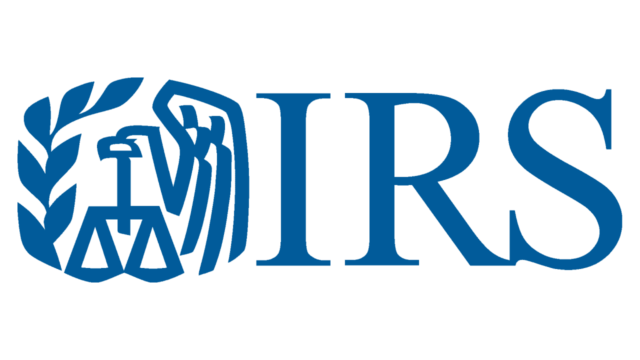If you are self-employed and were affected by COVID-19, you may qualify for a tax credit of up to $32,220!
Discover How Much IRS Owes You – Get Your SETC Refund Now!
Join the 90% Already Benefiting from Tax-Free Refunds!
What is FFCRA
The Families First Coronavirus Response Act (FFCRA) is an Act of Congress that addresses the economic impact of COVID-19. provides funding for free coronavirus testing, 14-day paid leave for American workers affected by the pandemic, and increased funding for food stamps.

What does IRS say about FFCRA?
The FFCRA provides businesses with tax credits to cover certain costs of providing employees with paid sick leave and expanded family and medical leave for reasons related to COVID-19, for periods of leave from April 1, 2020, through March 31, 2021.
The Deadline is Fast Approaching!
Don’t miss out on this opportunity! Ensure you claim your Self-Employed Tax Credit (SETC) for the 2021 tax year before the deadline on April 15, 2025. Take action now and secure the benefits you’re entitled to by claiming your SETC today!
What is SETC?
The Self-Employed Tax Credit (SETC) is a COVID19 response established by the Congress that aims to provide assistance to self-employed individuals including 1099 contractors, freelancers, gig workers, single-member LLCs and sole proprietors.
OUR PROCESS IS SIMPLE.
We understand that self employed individuals have unique financial needs. That’s why we offer a simple process for you to claim your SETC Credit.
1.
Sign Up
Our streamlined sign-up process will help you unlock your tax credits easier.
2.
Consultation
Don’t navigate the tax landscape alone – schedule a consultation with our team of experienced tax experts and gain clarity on your tax situation.

3.
Tax Filing
Our team of seasoned professionals will meticulously prepare and file your taxes, ensuring compliance with all relevant laws and regulations.
4.
Receive Your Refund
Our team will work tirelessly to ensure you get every penny you’re entitled to, minimizing wait times and maximizing convenience.
WHAT DO YOU NEED TO KNOW?
Minimum Requirements
Qualification Process
WHY CHOOSE LENDESCA?
Seamless. Accessible. Secure.
We will make sure you get the your SETC Credit as quickly and in full as possible!
Expert Knowledge.
Specialized in gig worker tax returns.
Hassle-Free Process.
We handle everything, you enjoy the savings
Secure & Confidential.
Your information is protected.
Frequently Asked Questions
Helpful Resources.

The Pros and Cons of Self-Employment: Is It Right for You?
Self-employment offers independence, the chance to pursue passions, and financial flexibility, enabling individuals to set their own rates and schedules. It promotes work-life balance by allowing for personal commitments. However, challenges like inconsistent income and administrative tasks require careful planning and discipline. Deciding on self-employment should involve evaluating personal circumstances, skills, and long-term goals to ensure a good fit and financial stability.

Mastering Money: 10 Crucial Financial Strategies Every Self-Employed Pro Needs
Starting a self-employed journey is thrilling but poses unique financial challenges. It’s vital to embrace an entrepreneurial mindset and understand the financial nuances from the outset. Self-employment offers flexibility in scheduling, pursuit of passions, and potential for higher earnings. However, it also requires managing taxes, retirement savings, and insurance independently. Developing a forward-thinking financial approach is crucial for navigating these complexities and ensuring long-term stability. Recognizing the financial landscape of self-employment empowers proactive strategies to tackle challenges, leverage opportunities, and achieve sustained financial success.

Understanding and Improving Your Credit Score as a Self-Employed Professional
Self-employed professionals encounter distinct challenges in managing their credit scores due to fluctuating income, limited credit opportunities, and heightened scrutiny. However, by comprehending credit scoring factors and employing proactive measures, they can strengthen their creditworthiness. Understanding critical elements like payment history and credit utilization, along with leveraging credit-building tools tailored for self-employed individuals, enables them to navigate the credit landscape effectively. Additionally, maintaining a clear separation between business and personal finances fosters financial stability and enhances credit scores. By taking these steps, self-employed professionals can optimize their financial standing, unlock diverse opportunities, and secure the funding needed to upgrade their businesses.


